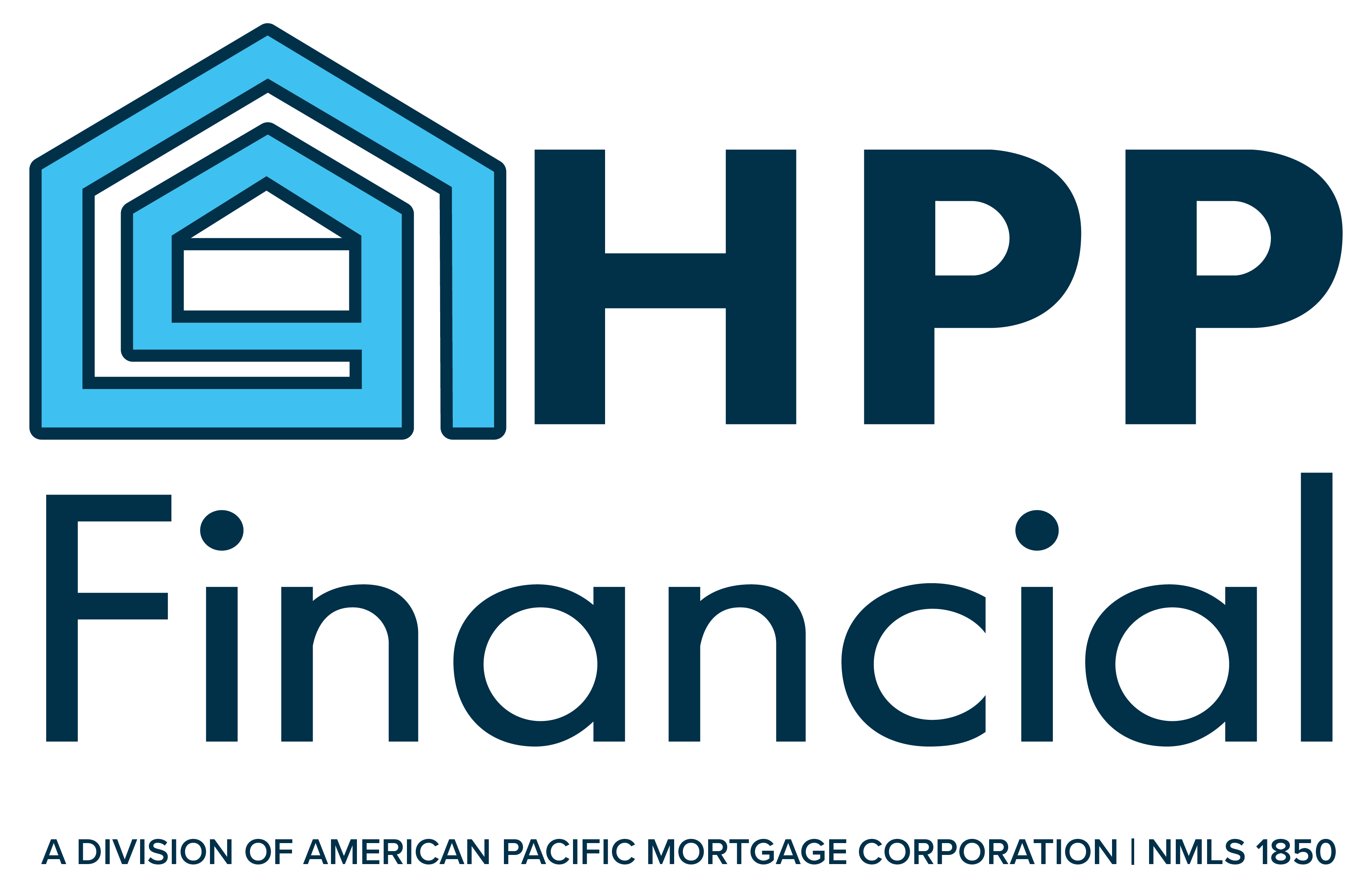Mortgage Calculator
Use our mortgage calculator to get an idea of your monthly payment by adjusting the interest rate, down payment, home price and more.
| Estimated total monthly payment: | |
| Based on a _ loan for _ at _% for _ years. | |
| Breakdown | |
| Principal & Interest: | |
| PMI: | |
| Property Tax: | |
| Insurance: | |
Calculator Disclaimer. The information provided by our mortgage calculator is for illustrative purposes only and accuracy is not guaranteed.
Please contact us for more information.
Conventional Loan Calculator Definitions
Principal
The portion of your monthly payment that applies to and reduces your loan balance is called principal.
Interest
Interest accrues on your loan every day. When you make a payment, the interest that has accumulated since your last payment is paid first, bringing your accrued interest balance to zero.
Escrow/Impound
Property Taxes
Some loans, like FHA, USDA, VA, etc., require your property taxes be paid yearly by your lender. With a conventional loan, you have the option to pay property taxes through your lender this way or pay on your own each year. If you decide it’s more convenient to pay through your lender, they will divide your annual property tax amount by 12 and add the amount to your monthly home loan payment.
Homeowners Insurance
Similarly to property taxes, homeowners insurance can be paid annually by your lender. The premium is divided by 12 and added to your monthly payment.
Since these payments are made annually (sometimes semi-annually or quarterly), your lender will hold the funds in an account called an escrow or impound account. The lender then pays from this account when the bills are due.
Private Mortgage Insurance (PMI)
PMI is often required on conventional loans when the down payment is less than 20% of the purchase price. PMI insures the loan for the lender in the event the homeowner defaults.
About Conventional Loans
Fannie Mae & Freddie Mac
Conventional loans are often referred to as conforming loans. As in they conform to a set of standards set by the two congressionally chartered enterprises Fannie Mae & Freddie Mac. These entities buy mortgages from lenders to replace the cash lent out so mortgage lenders can continue issuing new loans. Thus, they set quality standards that lenders must abide to when making loans they hope to sell to Fannie Mae or Freddie Mac.
Your lender will likely continue to “service” your loan after it is sold to one of the two enterprises, which is to say you will make your payments to the lender or bank, not to Fannie Mae or Freddie Mac.
PMI
Conventional loans are traditionally thought of as the typical way of buying a home, which includes saving enough money to make a 20% down payment. However, to fuel the housing market and allow more people to become homeowners, Fannie Mae and Freddie Mac permit down payments of less than 20% if the loan includes a form of insurance called PMI.
The coverage provided by PMI protects the lender should the homeowner default on their monthly payments. PMI is not free, and the cost is always passed on to the homeowner. It is sometimes paid monthly as part of your house payment, paid upfront, or even paid by the lender. If the lender pays it, they will cover the cost with a higher interest rate on the mortgage.
There are alternatives for buyers who are unable to make 20% down payments, including FHA, USDA and VA loans.
